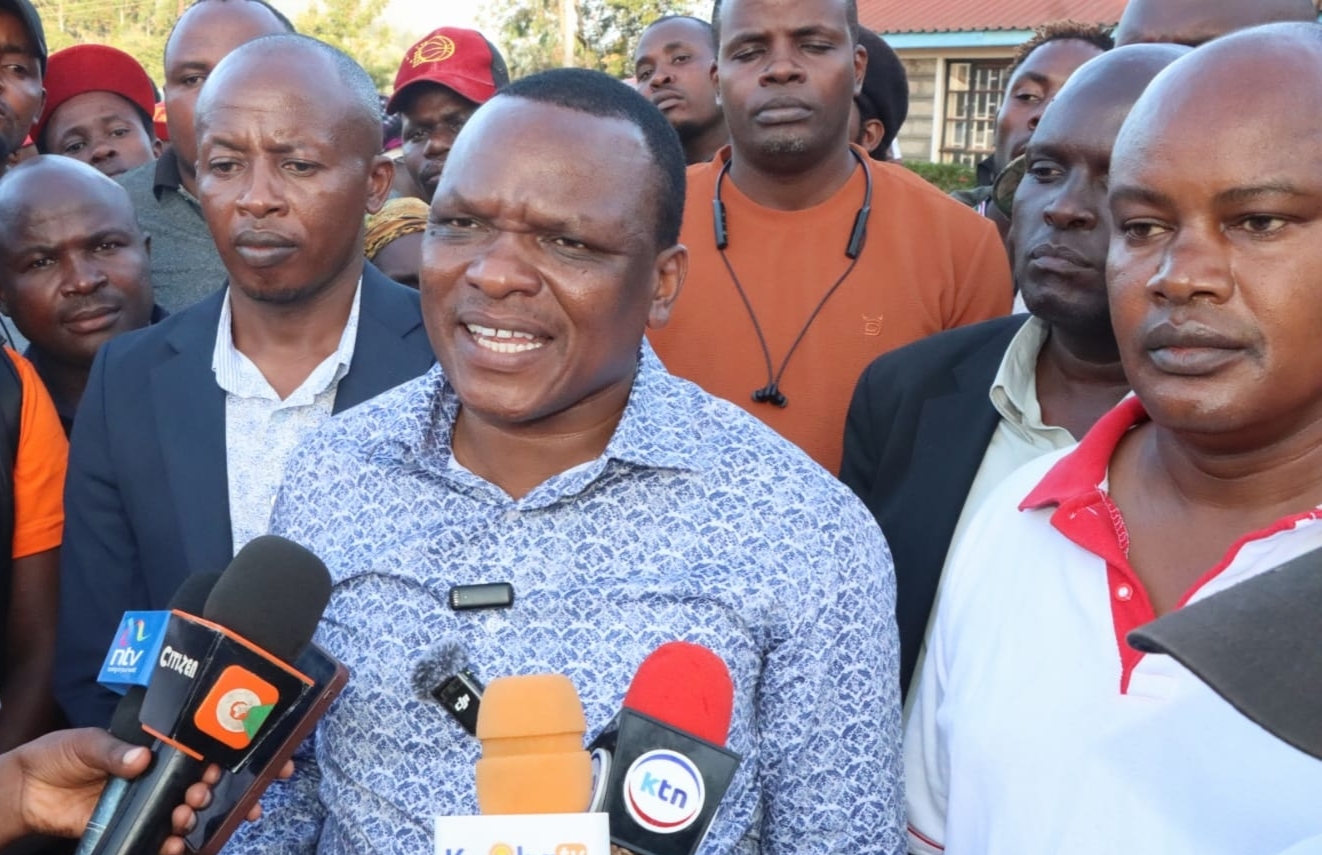Jaime Escalante’s story is one of a teacher who refused to let societal labels define his students. A Bolivian immigrant in the United States, Escalante taught at Garfield High School in East Los Angeles, a school known more for dropouts and gang violence than academic excellence. The students in his classroom were often dismissed as lazy, undisciplined, or incapable of success. But Escalante saw potential. He believed that with the right motivation, rigorous instruction, and unwavering support, even students from the most troubled backgrounds could master subjects as complex as calculus.
Escalante’s strategy was simple yet revolutionary: he set high expectations. He demanded discipline, hard work, and long hours of study. His teaching extended beyond the classroom. He offered extra classes on weekends, during holidays, and late into the evenings. He did not teach down to his students; he lifted them up to meet the standard. In 1982, his efforts bore fruit when 18 of his students passed the Advanced Placement (AP) Calculus exam—a rare feat in any school, let alone one with such a troubled reputation. Their achievement shocked many and even led to suspicion. The testing authority accused them of cheating, unwilling to believe such success was possible from such a school. But Escalante stood firm with his students, who retook the test and passed once more. They had earned their victory.
This account holds powerful lessons for Kenyan educators, many of whom face their own versions of the challenges Escalante encountered. In countless schools across the country, particularly in rural or informal settlements, learners are often written off due to poverty, poor academic records, or disciplinary issues. Yet the Kenyan teacher, like Escalante, has the power to rewrite these narratives.
ALSO READ:
Alarm as over 43,000 KCSE certificates remain uncollected in Kwale
Firstly, Escalante teaches us that belief in the learner is the foundation of transformation. Too often, teachers internalize the limitations society places on certain learners – those from broken homes, those who consistently score low grades, or those who act out in class. But belief is a powerful tool. When a teacher chooses to believe that every child can learn, that belief shapes their expectations, their planning, and their interactions. It is not naive optimism—it is a deliberate decision to see the learner’s potential rather than their current struggle. In Kenya’s under-resourced classrooms, belief may be the only resource a teacher can offer at first. But it is also the most critical.
Secondly, Escalante’s commitment to hard work should resonate deeply with the Kenyan teacher. Despite large classes, limited resources, and heavy workloads, Escalante pushed through with extra classes, extended hours, and intense preparation. In Kenya, many teachers already go the extra mile. But what Escalante’s story reaffirms is that this sacrifice is not in vain. When teachers invest time and effort, even outside the regular school day, the impact on learners is profound. Weekend tuition, holiday programs, remedial classes, and mentorship – these are all modern equivalents of Escalante’s methods. While systemic support is necessary, individual teachers can still make a significant difference with personal dedication.
Another critical lesson is the importance of setting high expectations. Escalante didn’t water down the content. He didn’t assume his students needed easier material because of their background. Instead, he assumed they could rise to the challenge if properly guided. In Kenya, where rote learning and exam pressure dominate many classrooms, there’s a temptation to focus only on what is required to pass. But real education lies in challenging learners to think deeper, reach further, and engage meaningfully.
ALSO READ:
Gov’t to construct 50 TVET colleges across the country, says PS Muoria
Teachers must teach beyond the test. Whether in literature, mathematics, science, or languages, the goal should be mastery, not memorization. Raising the bar tells learners: I believe you can reach it.
Escalante also showed that courage is a teacher’s companion. When his students were accused of cheating, he did not abandon them. He stood by them, supported them and fought for their dignity. Kenyan teachers, too, are sometimes faced with similar moments – when students are falsely accused, unfairly treated, or misunderstood. It is in these moments that teachers must become advocates, using their voice and authority to defend what is right. Teaching is not just an academic profession—it is a moral calling.
Furthermore, Escalante’s story challenges the Kenyan education system to support such transformative teaching. While individual effort is admirable, systemic support is essential. Just as Escalante faced resistance from within his own school – colleagues who thought he was unrealistic or overreaching—many Kenyan teachers trying to innovate or raise standards may face discouragement. It is the role of school heads, education officers, and policy makers to create environments where bold, transformative teaching is supported, not stifled. Teachers need training, time, and trust. They need platforms to share best practices and encouragement to pursue professional growth.
Escalante’s story is not about calculus; it is about courage. It is not about passing exams; it is about refusing to accept mediocrity when excellence is possible. For the Kenyan teacher, especially one in a neglected or remote school, Escalante’s life is a mirror. It reflects the power a single teacher can wield in changing destinies. It tells us that behind every struggling child may lie an engineer, a poet, a doctor, a leader – waiting for someone to believe in them.
Ultimately, Kenya does not need to import greatness – it needs to awaken it. And that awakening begins in the classroom, with a teacher who sees beyond marks and mistakes, and instead sees potential. Every child is capable of brilliance. And every teacher, like Jaime Escalante, holds the key to unlocking it.
By Ashford Gikunda
Ashford teaches English and Literature in Gatundu North Sub County and serves as Dean of Studies.
You can also follow our social media pages on Twitter: Education News KE and Facebook: Education News Newspaper for timely updates.
>>> Click here to stay up-to-date with trending regional stories
>>> Click here to read more informed opinions on the country’s education landscape






